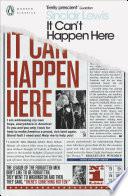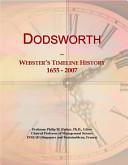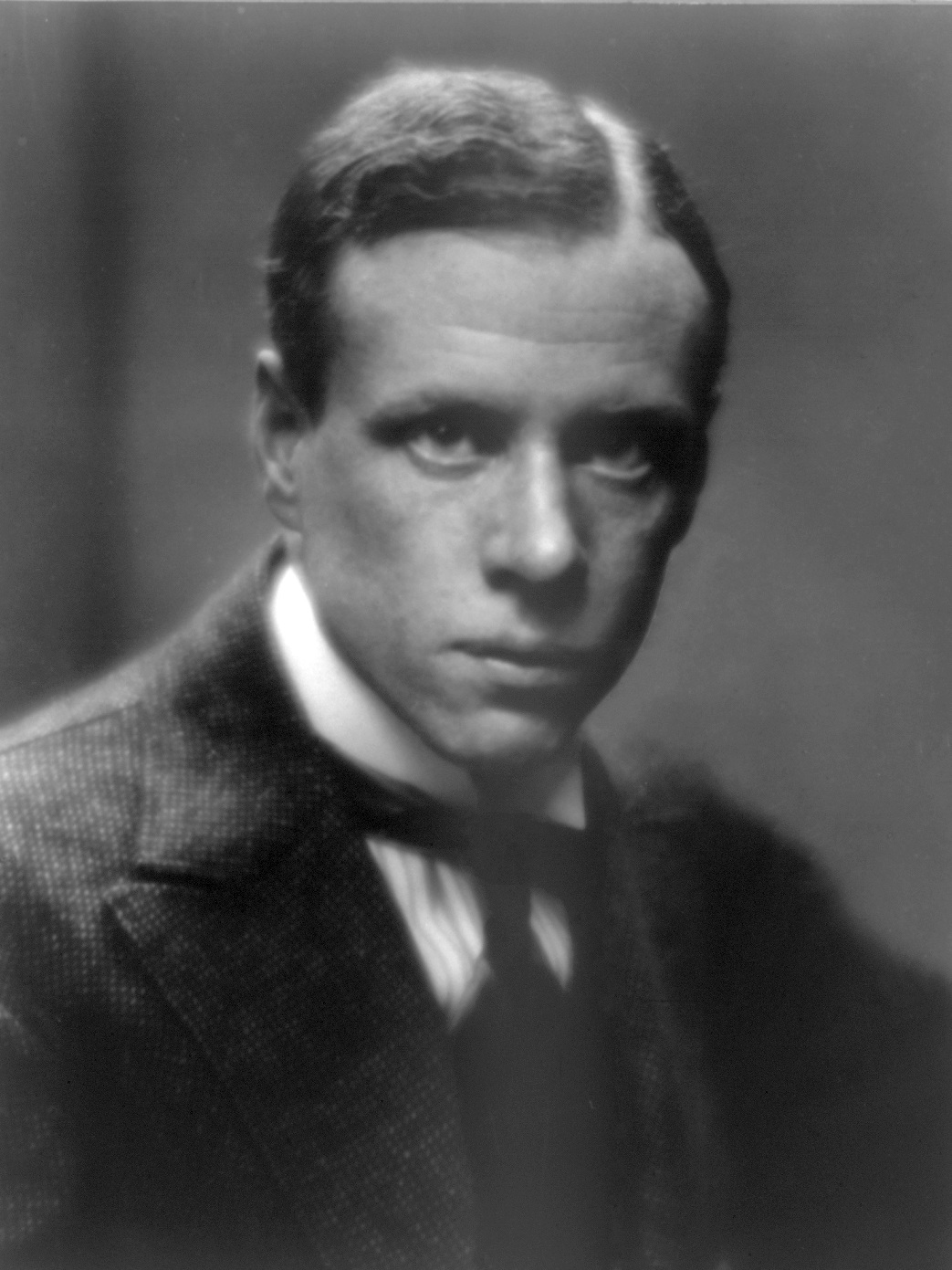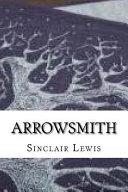Works

Elmer Gantry
Sinclair Lewis
It Can't Happen Here
Sinclair Lewis
The Job
Sinclair Lewis
Kingsblood Royal
Sinclair Lewis
Dodsworth
Sinclair Lewis
Ann Vickers
Sinclair LewisFamous Sinclair Lewis Quotes
“He prayed, 'Lord God, let us be the kind of Christians that you would be if you were a Christian'.”
The God-Seeker (1949), Ch. 24
Sinclair Lewis Quotes about God
The God-Seeker (1949), Ch. 6
Main Street (1920)
Sinclair Lewis: Trending quotes
“I don't believe in fear of divine vengeance, and I do believe in justice and equality….”
The God-Seeker (1949), Ch. 57
“It came to him merely to run away was folly, because he could never run away from himself.”
Babbitt (1922), Ch. 25
Sinclair Lewis Quotes
The God-Seeker (1949), Ch. 41
The God-Seeker (1949)
Context: It did seem sounder to build houses which he could build than to teach children a gospel which he did not altogether understand in a Sioux language which he could not quite speak. He reflected, 'If I could put over some kind of equality for Mark Shadrock and Black Wolf, that would be enough heavenly progress for me.' ~ Ch. 53
The God-Seeker (1949)
Context: He fretted that he did not know anything. He sighed, 'I have sought the Kingdom of God a little, the Squire has sought it terribly, but we haven't even a map, and after what I saw this afternoon, I know the Sioux are as barbarous as we are. Is it possible that nobody has ever known—that there never has been a completely civilized man, and won't be for another thousand years? ~ Ch. 33
Elmer Gantry, paraphrasing the eloquence of the "atheist" Robert G. Ingersoll in his sermon.
Elmer Gantry (1927)
Context: His text was from Proverbs: "Hatred stirreth up strifes: but love covereth all sins."
He seized the sides of the pulpit with his powerful hands, glared at the congregation, decided to look benevolent after all, and exploded: "In the hustle and bustle of daily life I wonder how many of us stop to think that in all that is highest and best we are ruled not by even our most up-and-coming efforts but by Love? What is Love—the divine Love of which the—the great singer teaches us in Proverbs? It is the rainbow that comes after the dark cloud. It is the morning star and it is also the evening star, those being, as you all so well know, the brightest stars we know. It shines upon the cradle of the little one and when life has, alas, departed, to come no more, you find it still around the quiet tomb. What is it inspires all great men—be they preachers or patriots or great business men? What is it, my brethren, but Love? Ah, it fills the world with melody, with such sacred melodies as we have just indulged in together, for what is music? What, my friends, is music? Ah, what indeed is music but the voice of Love!"
Nobel Lecture (12 December 1930)
Context: Fortune has dealt with me rather too well. I have known little struggle, not much poverty, many generosities. Now and then I have, for my books or myself, been somewhat warmly denounced — there was one good pastor in California who upon reading my Elmer Gantry desired to lead a mob and lynch me, while another holy man in the state of Maine wondered if there was no respectable and righteous way of putting me in jail. And, much harder to endure than any raging condemnation, a certain number of old acquaintances among journalists, what in the galloping American slang we call the "I Knew Him When Club", have scribbled that since they know me personally, therefore I must be a rather low sort of fellow and certainly no writer. But if I have now and then received such cheering brickbats, still I, who have heaved a good many bricks myself, would be fatuous not to expect a fair number in return.
Arrowsmith (1925)
Context: Perhaps I am a crank, Martin. There are many who hate me. There are plots against me—oh, you t'ink I imagine it, but you shall see! I make many mistakes. But one thing I keep always pure: the religion of a scientist.
To be a scientist—it is not just a different job, so that a man should choose between being a scientist and being an explorer or a bond-salesman or a physician or a king or a farmer. It is a tangle of ver-y obscure emotions, like mysticism, or wanting to write poetry; it makes its victim all different from the good normal man. The normal man, he does not care much what he does except that he should eat and sleep and make love. But the scientist is intensely religious—he is so religious that he will not accept quarter-truths, because they are an insult to his faith.
He wants that everything should be subject to inexorable laws. He is equal opposed to the capitalists who t'ink their silly money-grabbing is a system, and to liberals who t'ink man is not a fighting animal; he takes both the American booster and the European aristocrat, and he ignores all their blithering. Ignores it! All of it! He hates the preachers who talk their fables, but he iss not too kindly to the anthropologists and historians who can only make guesses, yet they have the nerf to call themselves scientists! Oh, yes, he is a man that all nice good-natured people should naturally hate! ~ Gottlieb, Ch. 26
“I have faith in Faith, I have reverence for all true Reverence.”
The God-Seeker (1949), Ch. 59
Main Street (1920)
Context: I think perhaps we want a more conscious life. We're tired of drudging and sleeping and dying. We're tired of seeing just a few people able to be individualists. We're tired of always deferring hope till the next generation. We're tired of hearing politicians and priests and cautious reformers... coax us, 'Be calm! Be patient! Just give us a bit more time and we’ll produce it; trust us; we’re wiser than you!' For ten thousand years they've said that. We want our Utopia now— and we're going to try our hands at it.
Babbitt (1922)
Context: What I fight in Zenith is the standardization of thought, and, of course, the traditions of competition. The real villains of the piece are the clean, kind, industrious Family Men who use every known brand of trickery and cruelty to insure the prosperity of their cubs. The worst thing about these fellows is that they're so good and, in their work at least, so intelligent. You can't hate them properly, and yet their standardized minds are the enemy. ~ Ch. 7
Arrowsmith (1925)
Context: Perhaps I am a crank, Martin. There are many who hate me. There are plots against me—oh, you t'ink I imagine it, but you shall see! I make many mistakes. But one thing I keep always pure: the religion of a scientist.
To be a scientist—it is not just a different job, so that a man should choose between being a scientist and being an explorer or a bond-salesman or a physician or a king or a farmer. It is a tangle of ver-y obscure emotions, like mysticism, or wanting to write poetry; it makes its victim all different from the good normal man. The normal man, he does not care much what he does except that he should eat and sleep and make love. But the scientist is intensely religious—he is so religious that he will not accept quarter-truths, because they are an insult to his faith.
He wants that everything should be subject to inexorable laws. He is equal opposed to the capitalists who t'ink their silly money-grabbing is a system, and to liberals who t'ink man is not a fighting animal; he takes both the American booster and the European aristocrat, and he ignores all their blithering. Ignores it! All of it! He hates the preachers who talk their fables, but he iss not too kindly to the anthropologists and historians who can only make guesses, yet they have the nerf to call themselves scientists! Oh, yes, he is a man that all nice good-natured people should naturally hate! ~ Gottlieb, Ch. 26
Arrowsmith (1925), Ch. 2
Arrowsmith (1925)
“There was much conversation, most of which sounded like the rest of it.”
Arrowsmith (1925), Ch. 14
Babbitt (1922), Ch. 30
The God-Seeker (1949), Ch. 15
Main Street (1920)
Arrowsmith (1925), Ch. 40
“Like all ardent agnostics, Martin was a religious man.”
Arrowsmith (1925), Ch. 16
The Job (1917)
It Can't Happen Here (1935)
Babbitt (1922), Ch. 6
Work of Art (1934) Ch. 4
“Good sense from a child was not necessarily contemptible beside foolishness from a grown-up.”
The God-Seeker (1949), Ch. 3
Kingsblood Royal (1947) First lines.
“When fascism comes to America, it will be wrapped in the flag and carrying a cross.”
Many variants of this exist, but the earliest known incident of such a comment appears to be a partial quote from James Waterman Wise, Jr., reported in a 1936 issue of The Christian Century: "in a recent address here before the liberal John Reed club [Wise] said that Hearst and Coughlin are the two chief exponents of fascism in America. If fascism comes, he added, it will not be identified with any 'shirt' movement, nor with an 'insignia,' but it will probably be 'wrapped up in the American flag and heralded as a plea for liberty and preservation of the constitution.'"
Another early quote is that of Halford E. Luccock, in Keeping Life Out of Confusion (1938): "When and if fascism comes to America it will not be labeled 'made in Germany'; it will not be marked with a swastika; it will not even be called fascism; it will be called, of course, 'Americanism.'" (This quote is also attributed in a New York Times article from September 12, 1938, page 15 as having been given in one of Luccock's sermons.)
Harrison Evans Salisbury in 1971 remarked about Lewis: "Sinclair Lewis aptly predicted in It Can't Happen Here that if fascism came to America it would come wrapped in the flag and whistling 'The Star Spangled Banner.'"
Source: The Christian Century, Volume 53, Feb 5, 1936, p. 245
Source: Misattributed, p. 29, The Many Americas Shall Be One, Harrison Evans Salisbury. Published by W. W. Norton, 1971.
It Can't Happen Here (1935)
It Can't Happen Here (1935)
President Buzz Windrip in his autobiography "Zero Hour."
It Can't Happen Here (1935)
The Job (1917)


